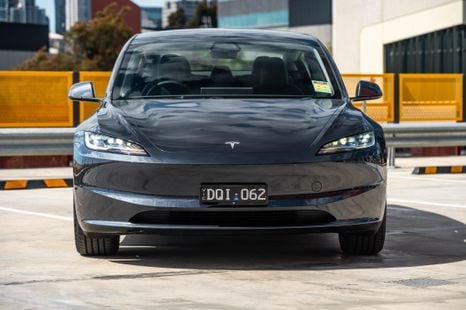

Damion Smy
Tesla's Apple CarPlay integration delayed by iPhone software - report
8 Hours Ago
Geely is hardly a household name in Australia, but some of the brands under this company’s ownership, such as Volvo and Lotus, are world renowned for their safety and performance.

Contributor
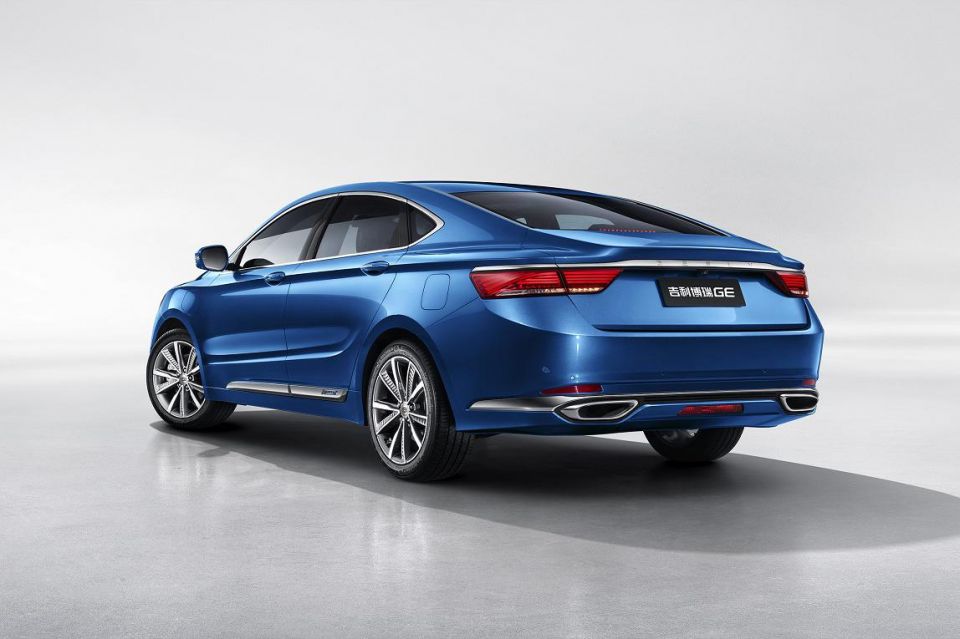

Contributor
Geely. The name may not ring a bell, but some of brands it owns are renowned all over the world for their safety and performance credentials.
Volvo, for example, is well known for inventing the three-point seatbelt in 1959, and Lotus has a history of performance cars, not least the Lotus Esprit which was used as a submarine in the James Bond film The Spy Who Loved Me.
Geely also sells cars, and it is important to distinguish between Zhejiang Geely Holding Group, which is the umbrella parent company, and Geely Automobile, the name of the car brand.
Geely is a conglomerate, and the firm’s corporate structure is like a tree.
Zhejiang Geely is the holding company that forms the trunk and the branches represent the various industries that Zhejiang is involved in. The twigs could be construed as a metaphor for various commercial groups that engage in business, and the leaves represent individual brands that sell products or services.
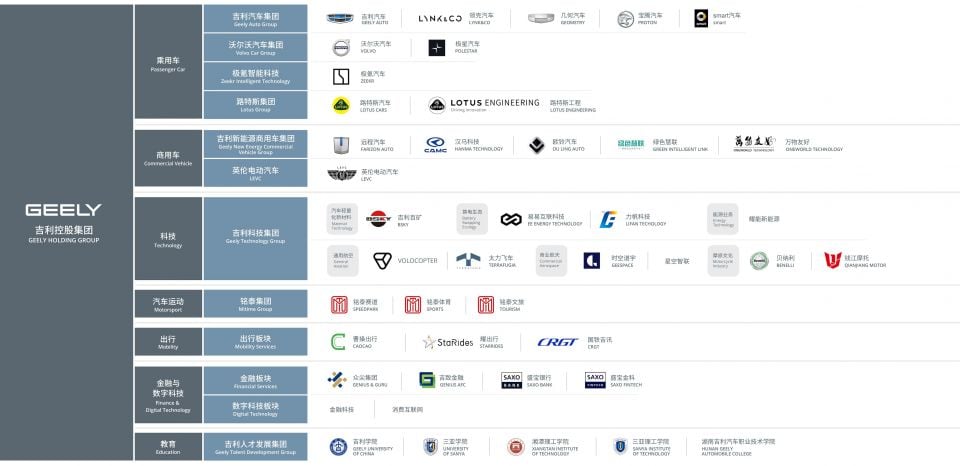
In the passenger car ‘branch’ (distinct from commercial vehicles), Zhejiang sells models under four distinct groups or portfolios.
The Geely Auto Group consists of brands such as Geely Automobile, Smart (now a joint venture with Daimler), Proton (co-owned with a separate Malaysian company), and Lynk & Co.
Volvo and Polestar are part of a separate Volvo Car Group, while Lotus Cars and Lotus Engineering also form a distinct Lotus Group.
Lastly, Zhejiang has created another group, Zeekr Intelligent Technology, which is billed as an ‘electric mobility technology and solutions’ brand focused on the manufacture and research of electric vehicles and associated technologies such as batteries.
Apart from passenger vehicles, Zhejiang has ‘branches’, or interests, in other areas and industries including commercial vehicles, finance & digital technology, and even education.
Like competitors SAIC and Great Wall, Zhejiang is a Chinese firm. However, it differs from its compatriots by being independently owned, as compared to Great Wall Motors, which is publicly listed, or SAIC Motor (owner of MG), which is also private but is state-owned.
Shares in certain ‘leaves’ in the Zhejiang tree, such as Geely Automobile, can be publicly traded through stock exchanges such as the Hong Kong Stock Exchange, with the caveat Zhejiang is highly likely to still retain a controlling interest in the company.
Geely Automobile is currently estimated to have a market capitalisation of US$30.92 billion, below competitors SAIC and Great Wall, but above household names such as Subaru and Mazda.
Much of Zhejiang’s current success is due to the efforts of talismanic founder and current chairman, Li Shufu, who has a net worth estimated to be in excess of US$20 billion.
The name Geely derives from a Chinese word meaning auspicious or lucky. It’s perhaps with luck in mind Shufu founded Geely in 1986 as a company that made refrigerators and refrigerator parts.
The ‘Zhejiang’ component of the conglomerate’s name can be attributed to the name of the province, Zhejiang, that Geely was founded in.
Shufu spent the rest of the decade expanding into the manufacture of other consumer goods, before moving into motorcycles in 1994 through the acquisition of a failing motorcycle firm.
Geely produced its first prototype car in 1998, and was granted approval from Chinese regulators to mass-produce vehicles in 2001.
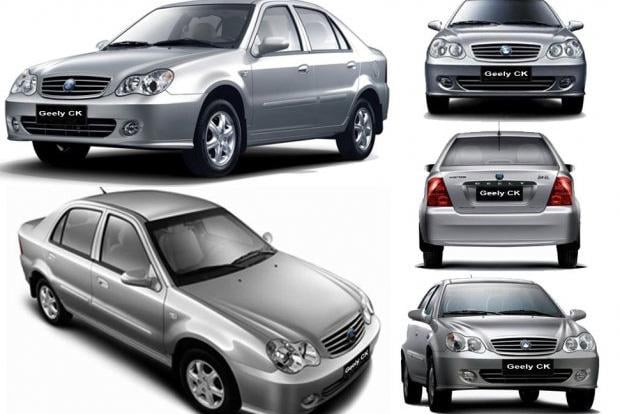
In Australia, the Geely brand has had very limited success.
The only model sold in Australia under the Geely banner was the MK sedan and hatch combo to rival the Toyota Yaris.
Launched in Australia in June 2010 under the stewardship of John Hughes (who at the time also owned a network of popular Hyundai dealerships), the car was priced at $11,990 before on-road costs and only sold in Western Australia, with the plan being to wait until additional models could be imported to the country before rolling out the brand nationally.
Unfortunately, due to a combination of regulatory issues and the presence of asbestos, these plans never eventuated and the MK was discontinued in Australia by 2014.
For more information, see our story on Chinese cars that flopped in Australia.
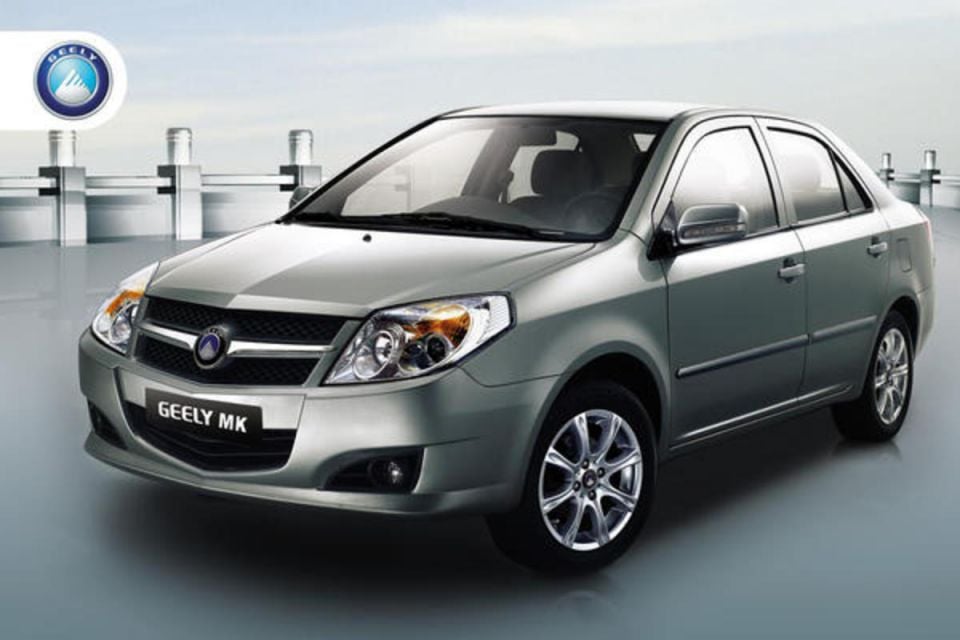
Today, the Geely emblem bears more than a passing resemblance to that of Cadillac, and the brand sells SUVs, sedans and people movers, reflecting Chinese preferences for SUVs and sedans.
Model names include the Azkarra and Okavango SUVs, and the flagship Bo Rui sedan, which is available in both plug-in and mild-hybrid guise, and features active safety technology such as AEB.
The vast majority of these models are sold in the Chinese domestic market.

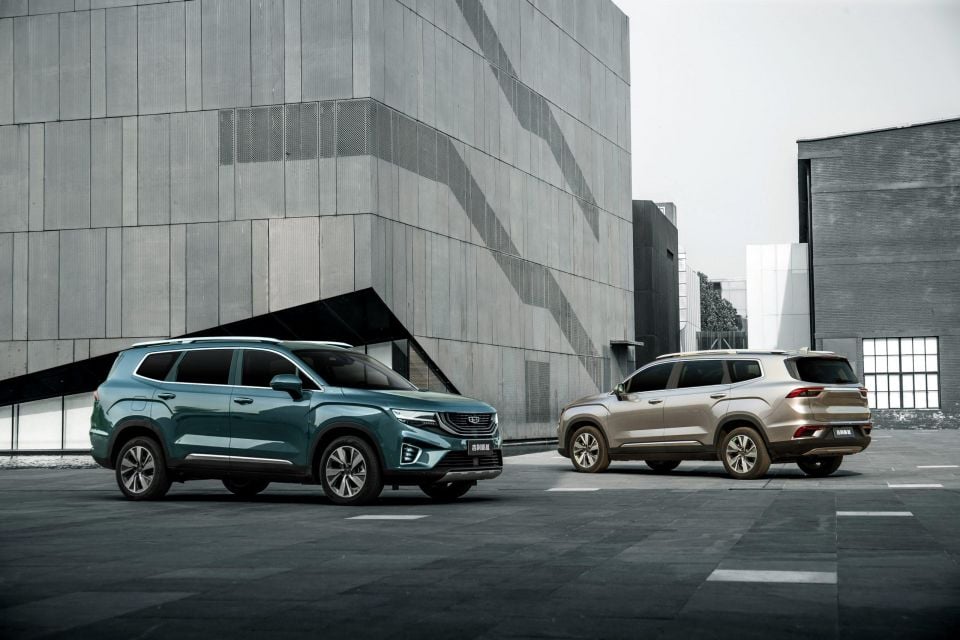
Prior to being part of Geely, Volvo was owned by Ford as part of its Premier Automotive Group, alongside other luxury brands at the time including Jaguar Land Rover.
Struggling from the effects of the GFC, Ford sold Volvo to Geely for US$1.8 billion in 2010.
Unlike Ford, which undertook various cost-cutting and product rationalisation measures to ensure that entry-level Volvos such as the S40 and C30 and V40 were little more than Ford products with upmarket interiors, Zhejiang Geely’s approach to managing Volvo can perhaps best be summarised as ‘fund it and leave it.’
This hand-off approach has allowed Volvo to blossom under Geely’s guidance, and develop genuine luxury cars that can compete with the best from the other European brands.
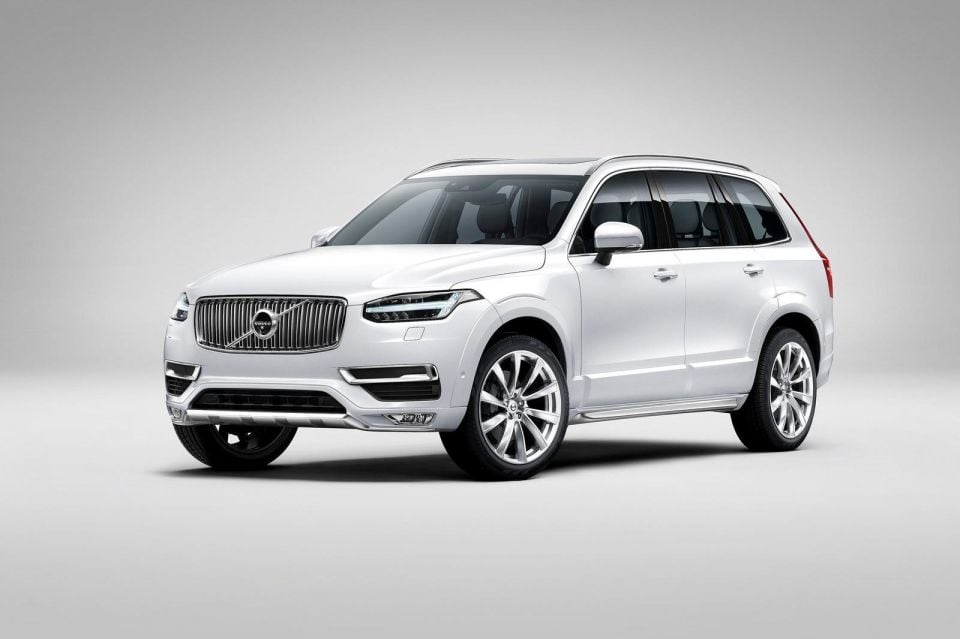
The Geely era can be summed up by the launch of the second-generation XC90 in 2014, based on the new modular SPA (Scalable Product Architecture) platform that underpins the firm’s 60 and 90 Series vehicles, and also enables the development of the PHEV ‘Recharge’ powertrains for these models.
The firm has since worked with Geely to jointly develop the CMA platform for lower-end models such as the 40 Series, that enables full electrification.
Polestar was formerly Volvo’s performance arm, but was separated into an independent performance EV brand in 2017.
Zhejiang currently describes Polestar as co-owned between Geely and Volvo, that can draw on the expertise and experience of both companies, but with independent management and governance.
This new brand has launched the Polestar 1 performance hybrid on the SPA platform, and the Tesla Model 3-rivalling Polestar 2 on the CMA platform, which will be available in Australia towards the end of 2021.
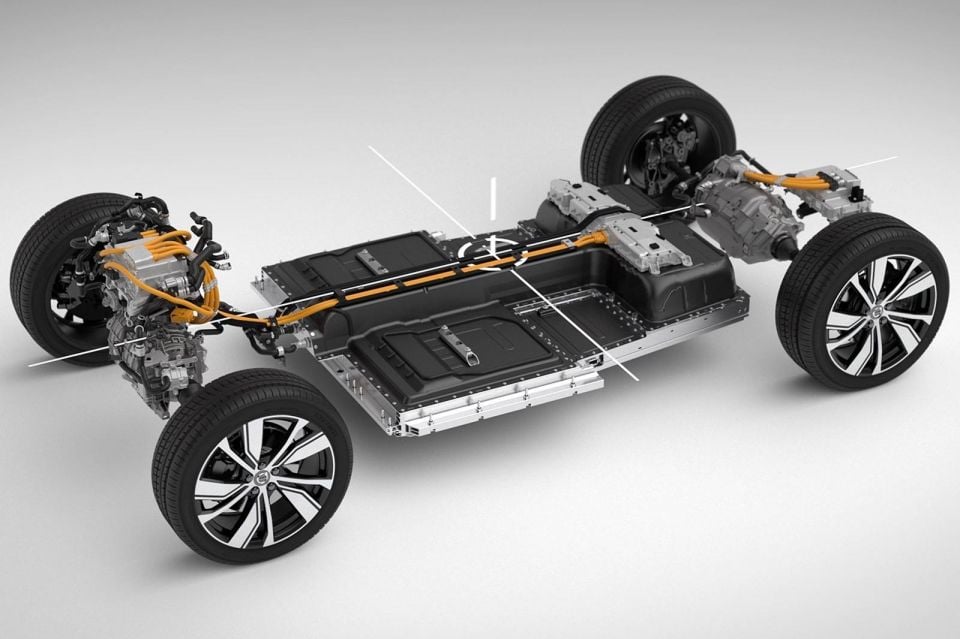
Lotus has had a tumultuous history to say the least, recently headlined by one-time CEO Dany Behar’s ambitious plan to launch five all-new sports cars in five years, which ultimately amounted to nothing.
Zhejiang Geely took up a controlling 51 per cent stake in Lotus from former Malaysian parent company DRB-HICOM (also known as Proton) in 2017, and since then has set about transforming Lotus from a manufacturer of lightweight sports cars to an EV-only performance brand through the provision of substantial financial resources.
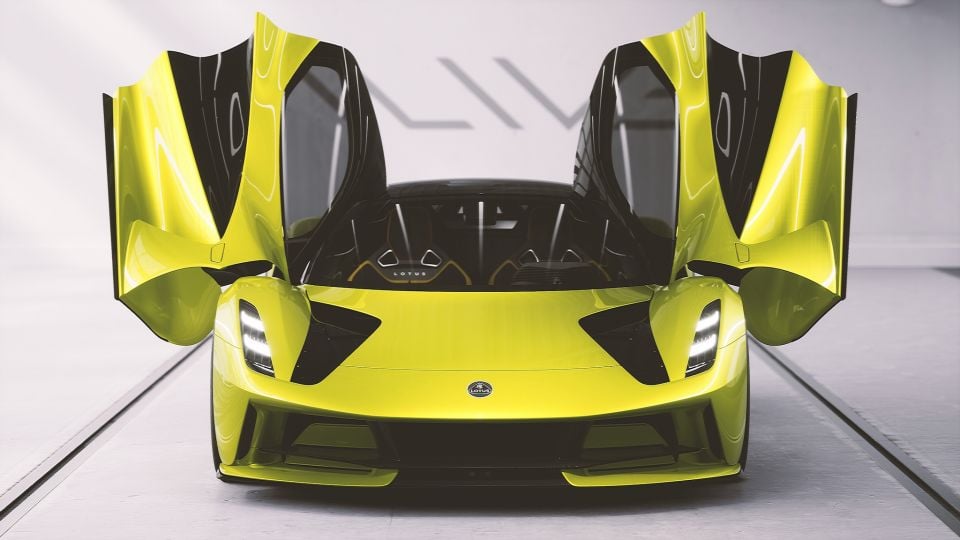
The first fruits of this can be seen in the launch of the Evija hypercar, expected to enter production later in 2021.
Lotus expects to launch its final combustion engined sports car, the Emira, later this month, following which all future models will be electric.
With Volvo and Lotus established in Australia, and Polestar launching as an independent marque later in 2021, the Lynk & Co brand is perhaps the next most likely of Geely’s businesses to launch in Australia.
Already available in certain European countries, the brand is positioned just below Volvo, with a more tech and connectively focused image catering towards younger customers.
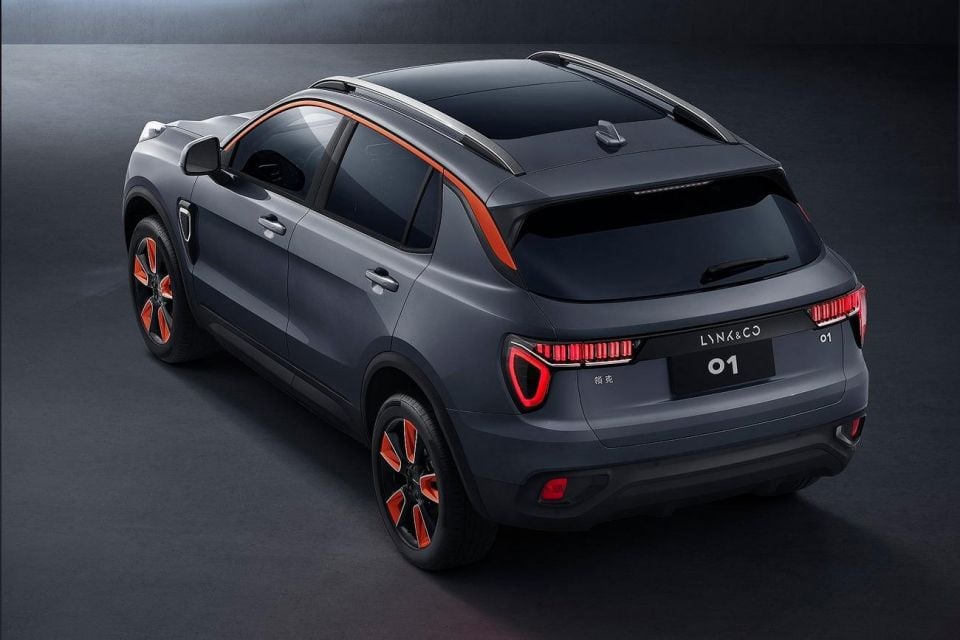
Its first car, the 01 SUV, has been heavily marketed through a Netflix-style subscription-based model, with the customer also having the ability to share the car with friends or family for a limited time.


Damion Smy
8 Hours Ago
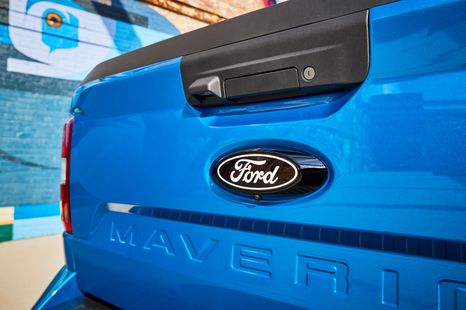

Damion Smy
8 Hours Ago
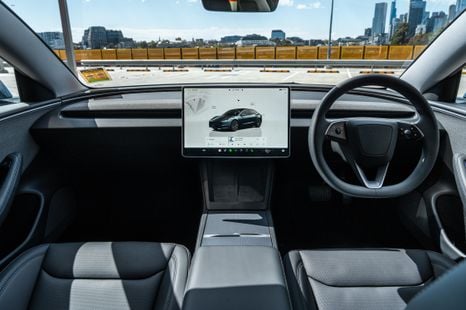

Damion Smy
11 Hours Ago
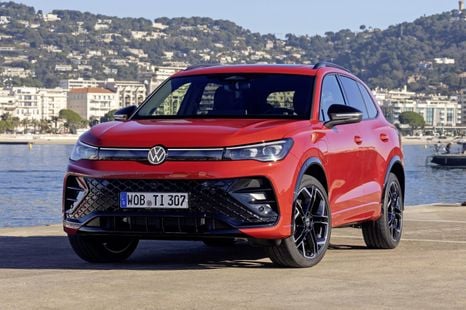

William Stopford
12 Hours Ago
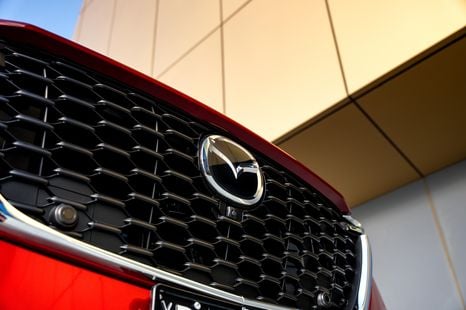

Ben Zachariah
13 Hours Ago
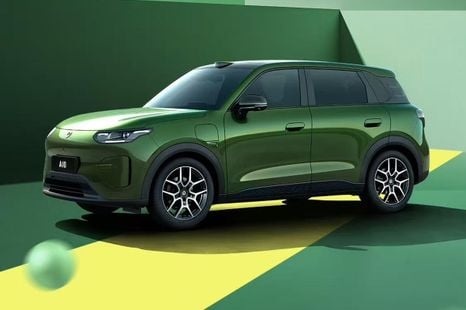

Marton Pettendy
13 Hours Ago
Add CarExpert as a Preferred Source on Google so your search results prioritise writing by actual experts, not AI.